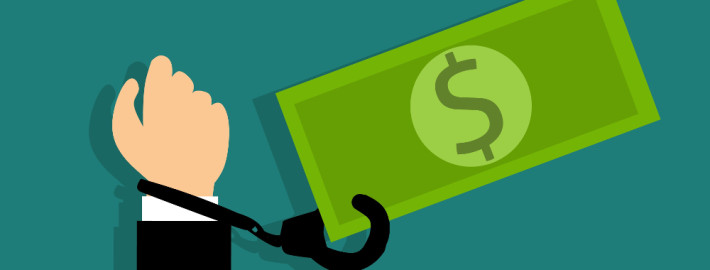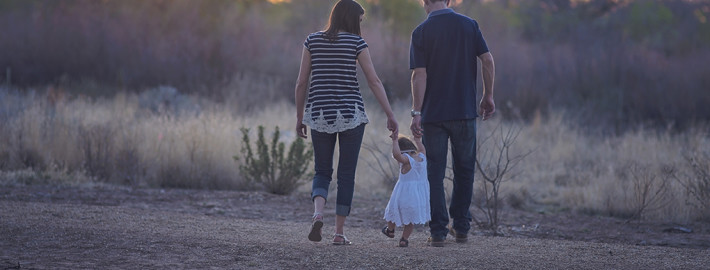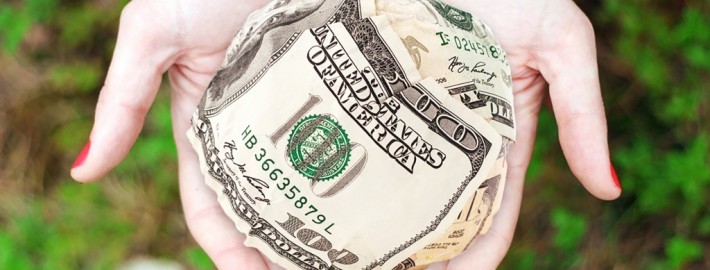Dealing With “Balloon” Payments
By Bruce Kellogg
“Amortizing” Versus “Balloon” Notes
An “amortizing” note is one where the principal amount is paid off over the term of the loan. A “balloon” note is one where the payments are not sufficient to retire the debt, and an outstanding balance is due at maturity.
What Is The Problem?
The problem arises when the borrower does not have the funds necessary to pay the “balloon” amount when it comes due. Oh, oh! So, here are some ways to deal with that!
Refinance the Property
The first recourse for an owner who wants to keep the property is to refinance either the property itself, or another property in the portfolio. This is a good approach as long as financing conditions are favorable. If conditions are not favorable, other approaches will need to be considered.
Sell the Property

If the owner does not care to own the property any longer, they can sell it and have the sale pay off the loan. Or, they can sell another property to pay off the loan. If conditions are not favorable for selling, again, other approaches will need to be considered.
Renegotiate With the Lender
This is not an ideal approach because the borrower is negotiating from an inferior position. The lender “has the upper hand” because they can always foreclose. So, the borrower should offer the lender a monetary “inducement” for an extension, either a fee, an increase in interest, or payment amount, or both. But, it gets the job done! (Unless the lender says, “No”!)
Protective Note Terms
The best way for a borrower to protect themselves from becoming in an uncomfortable position is to negotiate protective terms in the note in the first place. One might be called a “rollover clause” or an “extension”. Here, for example, the borrower gets a time extension, say two years, for a 2% interest rate increase. This must be written in the note as one of its terms.
Another approach is to convert the note into an amortizing one when the balloon payment is due. Again, these terms need to be negotiated when the note is written and included with the other terms. In some cases, lenders do not need a cash payoff and enjoy receiving reliable note payments from a proven borrower.
Bring In A Cash Partner

If the above approaches aren’t working, the borrower can bring in a cash partner. This basically involves selling a partial interest in the property for cash to pay off the “balloon”. An escrow is recommended with title insurance, and an attorney should draw up an agreement between the parties, who might not be familiar with each-other.
Return the Property to the Lender
This is the least-desirable alternative in most cases. It involves giving up. If it’s going to be done, it needs to be done right, with an escrow, deed with a “Deed-in-Lieu-of-Foreclosure” recitation, title insurance, and transfer of any rents and deposits back to the lender. The lender should cancel the note, and return the original to the borrower. The lender should also record a “Full Reconveyance” in the escrow to clear the title.
File Bankruptcy

This is an alternative, but a risky one. The day a bankruptcy is filed, a 30-day “Automatic Stay” of all collection actions is established. After 30 days, the lender can file a “Relief from Stay” request to foreclose on the property. There is a hearing, and in the case of homeowners the bankruptcy judge will urge the parties to work something out. In the case of investors, the “sympathy factor” is usually low because investors are considered to have resources and several years to handle the “balloon”. The lender is due the money, the judge is likely to rule. (i.e., no relief!)
Conclusion
A “balloon” payment is one of those things that isn’t a problem, until it becomes a problem. It is best to deal with it up-front, in initial negotiations, when the note is originated. During the term of the note, keep working to pay it off. If the due date comes and the payoff funds are not in-hand, find expert help. You’re going to need it!
Good luck!

Bruce Kellogg
Bruce Kellogg has been a Realtor® and investor for 36 years. He has transacted about 800 properties in 12 California counties. These include 1-4 units, 5+ apartments, offices, mixed-use buildings, land, lots, mobile homes, cabins, and churches.
Mr. Kellogg is a contributor and copy editor for two national real estate wealth-building magazines: Realty411, and REI Wealth Mag.
He is available for listing, selling, consulting, mentoring, and partnering. Reach him at [email protected], or (408) 489-0131.














































